
Race Against the Machine
How the Digital Revolution Is Accelerating Innovation, Driving Productivity, and Irreversibly Transforming Employment and the Economy
ISBN: 9780984725113
Pages: 98
Recommendation
The slogan of General Electric’s 2012 advertising campaign is “Brilliant machines are changing the way we work.” Instead, it could be “In the future, brilliant machines will do all the work.” As management professor Erik Brynjolfsson and scientist Andrew McAfee point out, this notion is not far-fetched. They speculate that, given the exponential increases in raw computer power, machines will do many jobs that humans perform today. The authors, who are not technophobes, offer 19 solid, if perhaps unrealistic, suggestions for steps government can take. getAbstract recommends this short, fascinating, but scary, treatise to those interested in the influence of advanced technology on the US labor market and to anyone wondering how government can keep people gainfully employed in future.
Summary
About the Authors
Erik Brynjolfsson, a professor at the MIT Sloan School of Management and director of the MIT Center for Digital Business, is chairman of the Sloan Management Review. Andrew McAfee is a principal research scientist and associate director at the MIT Center for Digital Business.









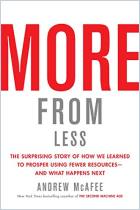
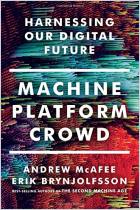
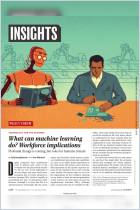

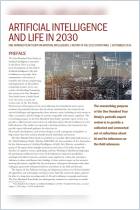
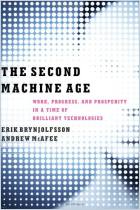
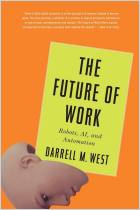
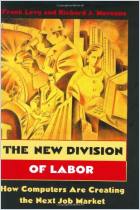
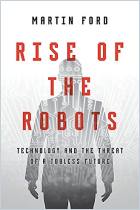


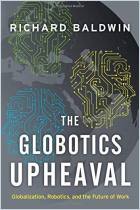

Comment on this summary or Comenzar discusión